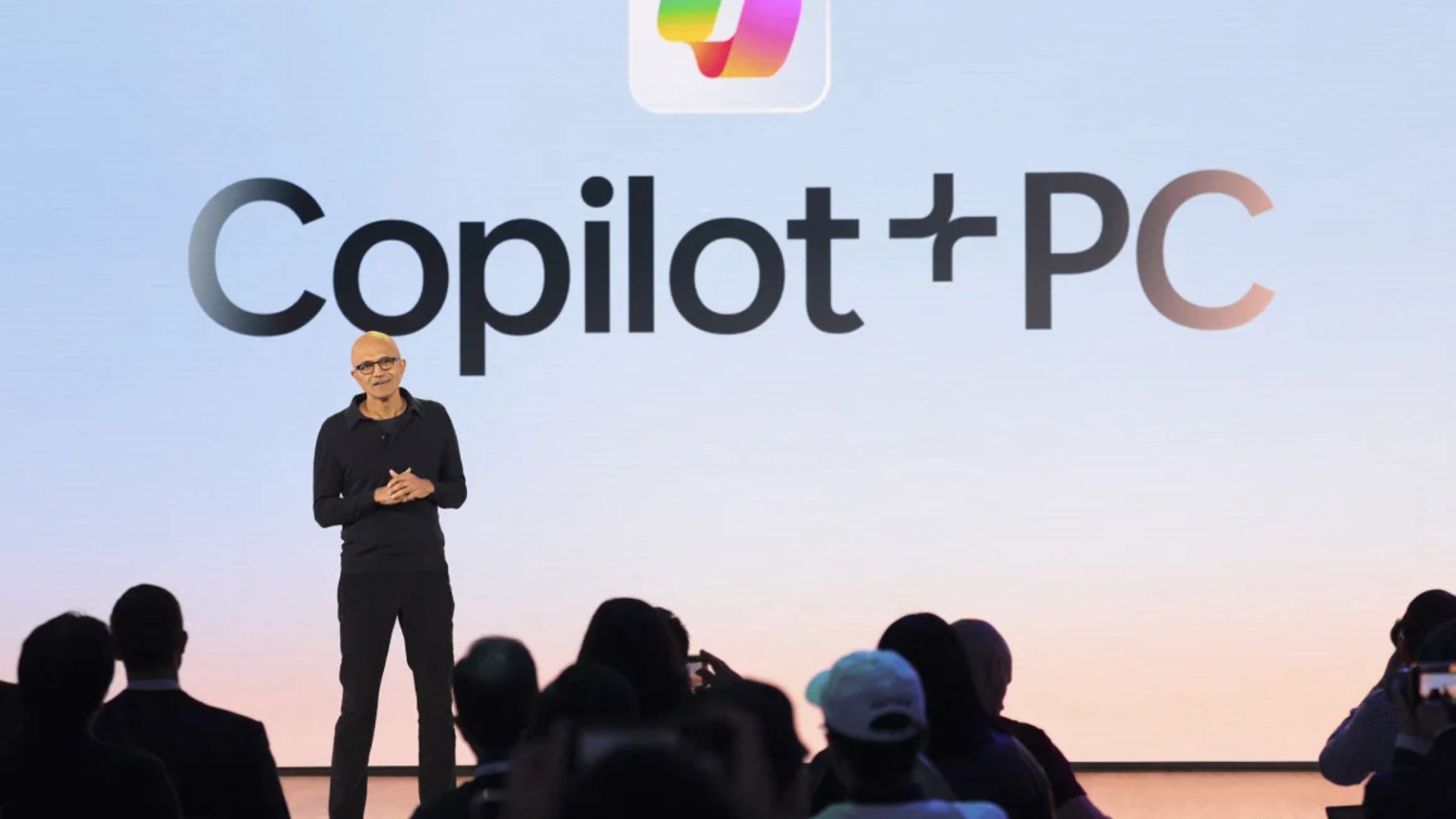In a significant leap forward, Microsoft has unveiled its latest venture into the world of artificial intelligence by integrating advanced AI tools directly into its Windows operating system. CEO Satya Nadella introduced a new line of AI-enabled computers, dubbed Copilot+, at the company's annual developer conference in Redmond, Washington. The Copilot+ PCs, which include the new Surface Pro tablet and Surface laptop, come equipped with processors capable of handling sophisticated AI tasks without requiring an internet connection, a move poised to invigorate the stagnating PC market.
Nadella expressed his optimism, stating that these advancements bring Microsoft closer to creating computers that understand users, rather than users needing to understand computers. This initiative aims to rekindle interest in the PC market, which has seen sluggish sales in recent years. Notably, the new devices feature innovative AI capabilities, such as a 'Recall' function acting as a personal time machine to quickly locate documents, images, and websites, as well as real-time translation into more than 40 languages performed locally on the device.
Microsoft’s enhancements are expected to have a dual impact: bolstering the company's position as a leader in AI technology and revitalizing PC sales. The Copilot+ line aligns with Microsoft’s overarching strategy to deepen the integration of AI across its products. This initiative follows the success of the Copilot AI assistant, currently integrated into Microsoft services like Bing and Microsoft 365, facilitating tasks such as email management in Outlook and presentation design in PowerPoint.
The introduction of AI PCs is seen as a pivotal moment in computing, potentially leading to the sale of over 50 million units within the next year, according to Microsoft. This push into AI-driven hardware marks a broader industry trend, with competitors like Dell and Lenovo also launching similar AI-enhanced devices. Yusuf Mehdi, Microsoft's Vice President, emphasized the substantial improvements in productivity, creativity, and communication brought about by these AI integrations. He highlighted the remarkable speed of the new devices, claiming they are 58% faster than Apple's latest MacBook Air.
Concurrently, Microsoft plans to make significant investments to support its AI initiatives. The company announced a $3.3 billion investment to build a data center in Wisconsin, expected to create thousands of jobs and train employees in AI technology. This underscores Microsoft’s commitment to advancing and proliferating AI tools across various sectors and geographical regions.
Analysts and industry experts view Microsoft's advancements as a much-needed catalyst for the PC industry, which has been yearning for innovation. The robust growth reported by Microsoft’s Azure cloud business, driven by AI, reflects the promising prospects of AI technology in the corporate world. With competitive efforts from tech giants like Apple and Google, the race to dominate the AI-enhanced computing space is intensifying, promising continued advancements and applications of artificial intelligence in everyday technology.
- The Copilot+ PCs stand out not just for their integrated AI capabilities but also for their enhanced privacy features, as all AI processing occurs directly on the device without the need to send data to the cloud. This ensures faster performance and greater user confidentiality.
- The new AI tools are expected to boost subscriptions to Microsoft’s service plans by providing users with more advanced and seamless functionalities like real-time assistance and creative tools that were previously unavailable or required multiple software applications.
- The tech industry anticipates that AI’s role in computing will expand further, with other major players like Apple rumored to introduce their own AI capabilities in upcoming product updates. This widespread adoption of AI tools is highlighting the transformative impact of artificial intelligence on everyday tasks and professional workflows.






